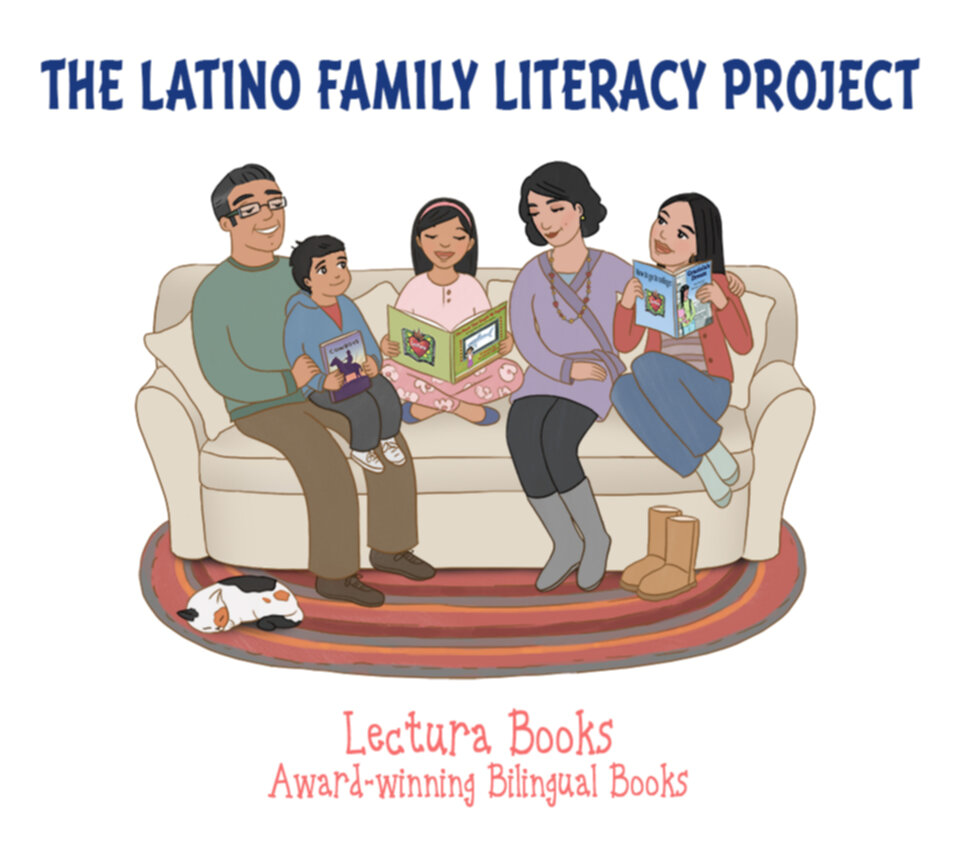ESSA and Early Learning
In the Every Student Succeeds Act (ESSA), support for early learning can be found in almost every section of the act; most are discretionary and not mandated. There are numerous decisions to be made at the school district level. Funding can be used to support the development of a P-3 approach to early learning in a variety of ways.
Title I
Improving the Academic Achievement of Disadvantaged, Part A, provides $15.4 billion in grants to ensure that children from low income families, English language learners, and children with disabilities are provided the resources they need to succeed in school. ESSA highlights the flexibility in using ESEA funds for early learning, preschool and numerous other programs and services for children from birth through 3rd grade. States must report on the number of children in preschool and describe how they will assist districts and schools who choose to use Title I funds to support early learning. Districts using funds for early childhood programs are required to comply with Head Start performance standards.

Districts must increase coordination with early learning programs with ESSA. LEA communication plans must include how they will coordinate and support early childhood programs in planning transitions for children from preschool to kindergarten. Transition plans may include a process for receiving child records and meetings to discuss individual child needs. The updated parent and family engagement section allows funds to be used for professional development that includes parents.
Preparing, Training and Recruiting High-Quality Teachers, Principals and Other School Leaders, encourages state and local professional development plans to support principals, other school leaders, teachers, paraprofessionals and community-based early childhood program directors to participate in joint efforts addressing transitions to elementary school and school readiness. This may include:
• Training for principals and other school leaders on meeting the needs of children through age 8
• Training on appropriate instruction and assessment for children through age 8
• Joint learning and planning with public school and community based early childhood education providers
Literacy Education for All, Results for the Nation (LEARN) – This competitive grant for comprehensive state literacy plans (reading and writing) and needs assessments for children from birth to 12th grade, includes sub-grants to LEAs, Early Childhood Education programs, or a combination of the two. In addition to professional development, these funds also support:
• Coordinating family involvement
• Before and after school programs
• Opportunities to link birth – age 5 with kindergarten – grade 5
• Planning time for teachers
• Opportunities to review pre-service, licensing standards and teacher evaluation with a focus on teachers working with children from birth through age eight.
Title III
Language Instruction for English Learners allows support for strategies that promote school readiness and transition plans and activities. This section is explicit about using funds to provide professional development to improve instruction of and support the early childhood workforce to better work with English language learners.
